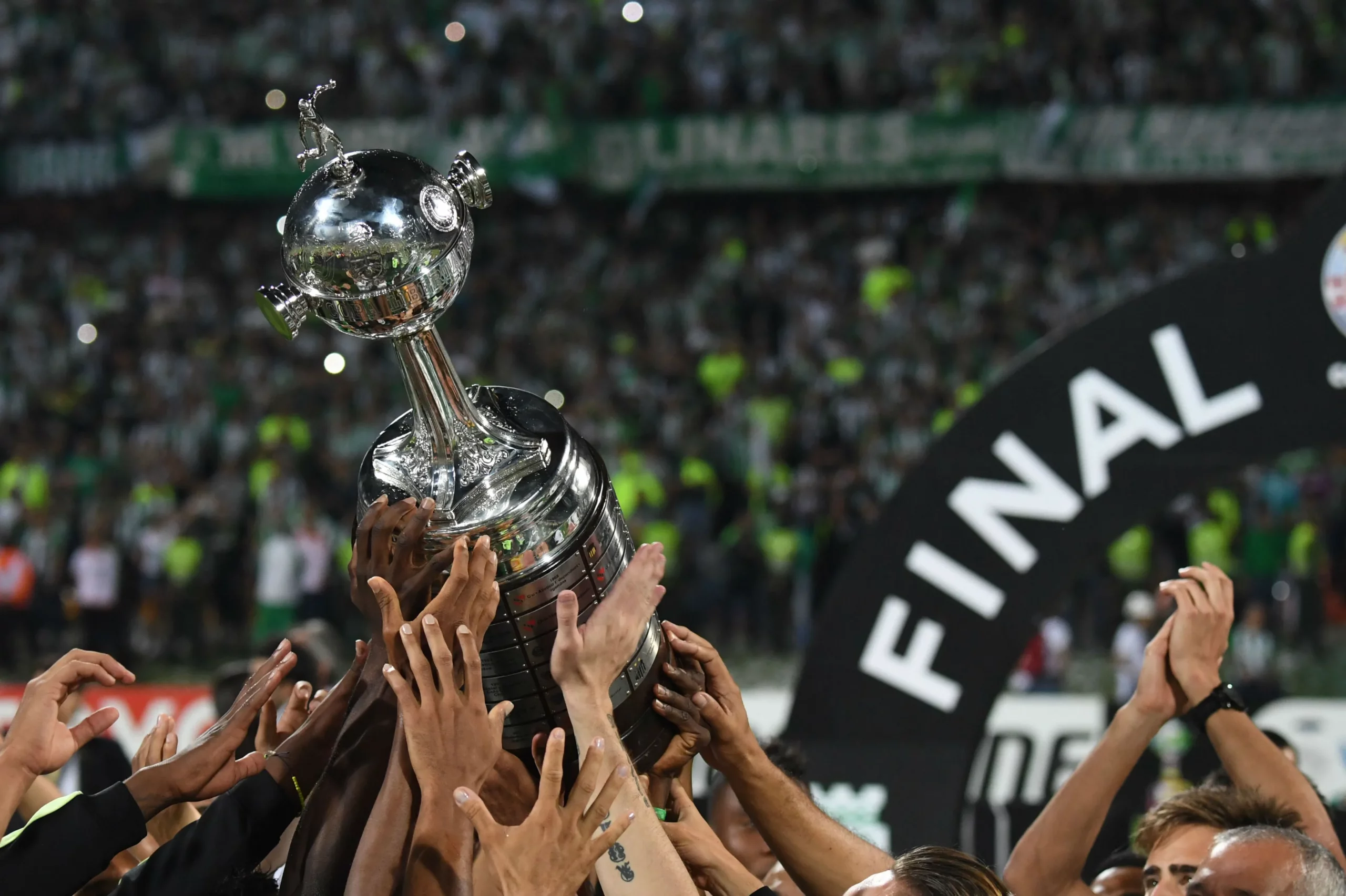CONMEBOL hosted a critical meeting last Friday with Fluminense and Boca Juniors football teams Brazilian and Argentine football officials.
They convened to address safety for the impending Copa Libertadores final. This decisive match is set to unfold on Saturday at Rio’s iconic Maracanã Stadium.
The need for discussion became urgent following a brawl on Thursday. Fans of the two teams clashed on Copacabana Beach, near the Fan Zone.
Police stepped in, dispersing the crowd with rubber bullets and pepper spray, as the situation escalated with physical confrontations.
In the meeting, stakeholders reached a consensus. They agreed on a unified call to fans, advocating for nonviolence.
Immediately after, Fluminense issued a clear statement. They condemned the violence and directed fans to celebrate football joyfully and peacefully.
Boca Juniors’ president, Jorge Amor Ameal, confirmed the game would welcome spectators.
He appealed to everyone for a peaceful experience, emphasizing sportsmanship over conflict.
His heartfelt message highlighted the love for Brazilian supporters and a wish for reciprocal affection.
The gathering also tackled logistical concerns. It covered stadium access for fans, segregation of club supporters, and security strategies surrounding the stadium.
Given the massive following of both clubs, strict measures were deemed essential. These aim to prevent any disorder and limit interactions between rival fans.
This meeting’s outcomes reflect a broader movement in sports towards ensuring that competitive spirit does not spill over into violence.
It’s a part of a global endeavor to keep sporting events safe and enjoyable for all, demonstrating the power of football to unite cultures and communities in a shared passion for the game.
Background
Football has long been a global language capable of bridging divides. But it has also seen its share of conflict.
Historically, the Copa Libertadores has been the stage for intense rivalries. It often brings together teams with passionate fan bases from across South America.
The tension has, at times, spilled beyond the pitch, igniting incidents. Such events have marred the sport’s image and raised security concerns.
Consequently, preventive diplomacy in football has become more prominent.
Leaders and organizations are increasingly proactive, seeking to preemptively quell potential conflicts.
This recent meeting between CONMEBOL, Fluminense, and Boca Juniors represents this shift. It underlines the


